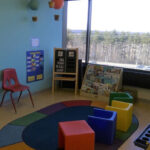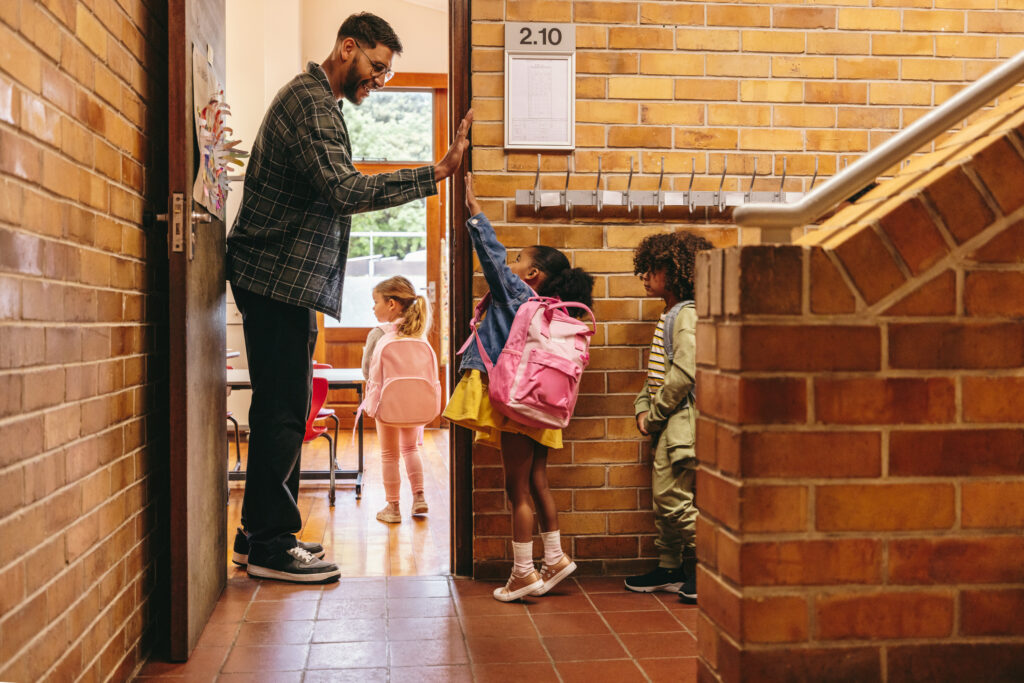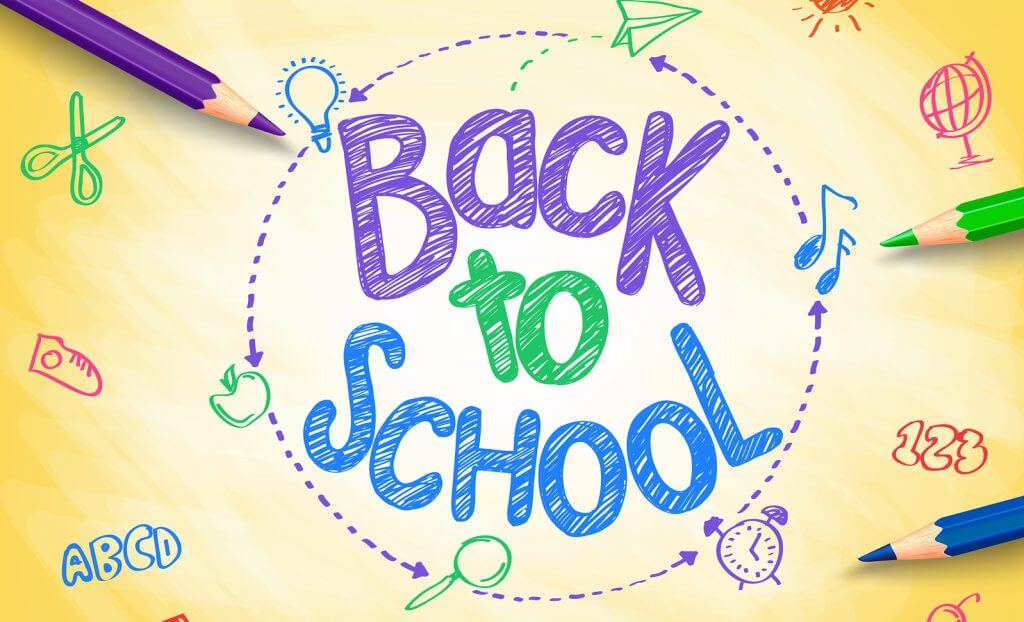Cornerstone Autism Learning Center in Indiana is Now BACA – Part of LEARN Behavioral
FEATURED POSTS
February 16, 2026
LEARN Behavioral, a national leader in autism treatment with a network of ABA providers and Learning Centers across the country, announces the integration and rebrand of Cornerstone Autism Center in Avon, Greenwood, and West Lafayette, Indiana.
Cornerstone Autism Center is now known as the Behavior Analysis Center for Autism (BACA) at the following locations:
- Avon Learning Center, 7517 Beechwood Centre Road, Suite 200, Avon, IN 46123.
- Greenwood Learning Center, 380 Polk Street, Greenwood, IN 46143.
- West Lafayette Learning Center, 3482 McClure Avenue, West Lafayette, IN 47906.
The new BACA Learning Centers offer center-based ABA therapy in a supportive, learning-rich environment. Families can access compassionate, contemporary applied behavior analysis (ABA) therapy tailored to their child’s or young adult’s unique needs, interests, and personality.
“Our focus is on providing top-quality care that delivers real results for children and families,” said Stacy Apraez, MA, BCBA, Senior Regional Clinical Director. “We are excited to have the opportunity to partner with families in and around the Avon, Greenwood, and West Lafayette areas to help find success for every child in our care.”
Key Features of BACA Learning Centers in Avon, Greenwood, and West Lafayette:
- Experienced leadership brings resources and support to children and families with autism in the community.
- Center-based ABA therapy, which includes a learning-rich environment, unique play-based learning spaces, and one-on-one support.
- Serving children from early childhood through young adulthood with personalized therapy plans.
- Conveniently located and easily accessible for families in the region.
BACA is now enrolling new clients with no waitlist. For more information or to enroll a child, contact the center directly:
To enroll a child at the Avon Learning Center, call (317) 622-8904 or visit https://thebaca.com/locations/avon
To enroll a child at the Greenwood Learning Center, call (317) 981-3899 or visit https://thebaca.com/locations/greenwood
To enroll a child at the West Lafayette Learning Center, call (765) 222-5893 or visit https://thebaca.com/locations/west-lafayette
About BACA
The Behavior Analysis Center for Autism (BACA) is part of the LEARN Behavioral network, the nation’s leading provider of compassionate autism care. BACA provides evidence-based autism services and is dedicated to delivering personalized ABA therapy, helping children and families find success.
In addition to the Avon, Greenwood, and West Lafayette Learning Centers, BACA has Learning Centers in Crown Point, Elkhart, Fishers, Indianapolis, South Bend, and Zionsville, IN.
For more information, visit https://thebaca.com/locations.
About LEARN Behavioral
LEARN Behavioral is a national leader in autism treatment, offering comprehensive diagnostic services and contemporary applied behavior analysis (ABA) therapy for children with autism spectrum disorder (ASD). With a nationwide network of ABA providers and more than 100 Learning Centers across the country, LEARN delivers the highest standard of evidence-based care—customized to meet the unique needs and interests of each child and family. For more information, visit learnbehavioral.com.













